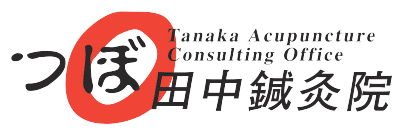*****
人間は生まれたときはフニャフニャしているが
年を重ねてくると硬くなる。死ぬときはコチコチだ。
同様に植物でも新芽は柔らかく枯れた枝木は堅い。
***
生命力は柔弱の中に、
死は堅強の中に在る。
***
痛みのある人の脈は堅い
痛みが取れると柔弱となる
***
心も身体も、柔軟さを保つことこそ
養生の要である。
***
上虚下実といい
頭寒足熱といい
柔弱を上とし、堅強を下とするは
体の良きバランスであるのだ。
**********
**********
老子(道徳経) 第七十六章
人の生まるるや柔弱なり
其の死するや堅強なり
万物草木の生まるるや柔脆なり
其の死するや枯槁なり
故に堅強なる者は死の徒にして
柔弱なる者は生の徒なり
此処を以て兵は強ければ則ち勝たず
木は強ければ則ち共す
強大なるは下に處り
柔弱なるは上に處る。
**********
人之生也柔弱,其死也堅強。
萬物草木之生也柔脆,其死也枯槁。
故堅強者死之徒,柔弱者生之徒。
是以兵強則不勝,木強則共。
強大處下,柔弱處上。
Man at his birth is supple and weak; at his death, firm and strong.
(So it is with) all things. Trees and plants, in their early growth, are soft and brittle; at their death, dry and withered.
Thus it is that firmness and strength are the concomitants of death; softness and weakness, the concomitants of life.
Hence he who (relies on) the strength of his forces does not conquer; and a tree which is strong will fill the out-stretched arms, (and thereby invites the feller.)
Therefore the place of what is firm and strong is below, and that of what is soft and weak is above.
平成庚寅年 大雪

